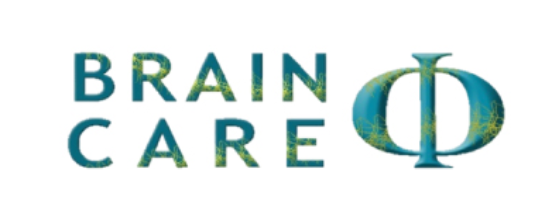
Anxiety
WHO WE HELP
Anger Management
Anxiety
Eating Disorders
Peak Performance
What is Anxiety?
The prefrontal cortex is the “CEO” of the brain. It regulates decision making, judgement, planning, reasoning, and sense of self. Certain experiences such as work or study pressure, sleep deprivation, trauma, and substance abuse, can result in a disengagement of the frontal lobe of the brain. Over time, this can lead to a number of symptoms including anxiety. The subcortical arousal system – the thalamus, hippocampus, brainstem, and hypothalamus – mobilise the body for action, increasing heart rate, respiratory rate, and muscle tone. The nature of this system is to bypass the frontal executive functioning and trigger what is known as ‘fight or flight’ mode.
Most people experience times in their lives when they feel anxious. Anxiety is a natural response to new challenges which take us out of our comfort zone, and when we feel threatened. Normally, anxiety passes once the cause (the ‘stressor’) passes, and normal life can resume; anxiety is a condition where such feelings do not go away – they continue, often without an obvious cause.
Symptoms of Anxiety
Physical signs of anxiety include pounding heart, increased blood pressure, increased heart rate, breathlessness, pain or tightness in the chest, hot or cold flushes, indigestion, nausea, constipation, diarrhoea, shakiness, perspiration, muscle tension and pain, twitches, clenched fists, clenched jaw, teeth grinding, and headaches. Emotional signs of anxiety include increased worrying, feeling tense or on-edge, angry, guilty, paranoid, nervous, apprehensive, helpless, overwhelmed, confused, and mood swings. Cognitive signs of anxiety include racing thoughts, many thoughts at once, ‘brain fog’, numbness, recurring thoughts, poor memory, indecisiveness, lack of concentration, and thinking something bad will happen.
Managing Anxiety
Some strategies for dealing with symptoms of anxiety include better time management, connecting with others, review of diet, exercise, accepting limits, being prescribed medication by a medical practitioner, and seeking psychological therapy. In psychological counselling, clinicians seek to provide clients with helpful skills and strategies to be able to cope with daily life and to face challenges as they arise. Feelings of anxiety are uncomfortable and overwhelming, and are very common – many people have been through similar circumstances. Psychological counselling can help relieve feelings of anxiety, improving mental health and wellbeing, and result in an increase in satisfaction with life.
At Brain Care, as well as offering psychological counselling, a number of neuromodulatory therapies are available to help address symptoms of anxiety. Neuromodulatory therapies are a variety of methods that target the nervous system, altering or modulating nerve activity, which may bring about relief and may deliver lifechanging results. The neuromodulatory therapies offered at Brain Care include biofeedback training, Transcranial Direct Current Stimulation (tDCS), Audio Visual Entrainment (AVE), and Bio Acoustical Utilisation Device (BAUD) Therapy.
If you are experience symptoms of anxiety and find it difficult to cope, contact Brain Care to book an appointment with one of our experienced clinicians to discuss available options.
Contact Us

